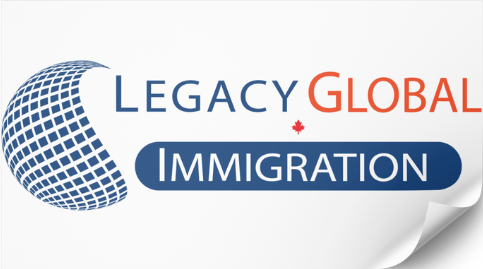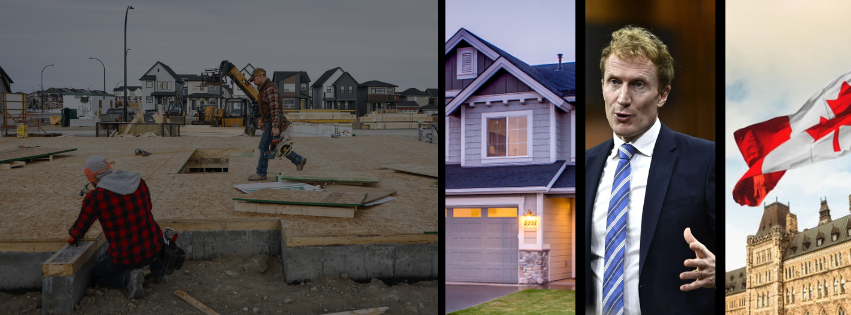On March 7, 2025, the Honourable Marc Miller, Minister of Immigration, Refugees and Citizenship, announced a series of initiatives aimed at bolstering Canada’s construction industry to address the nation’s housing shortage. These measures, part of the 2025–2027 Immigration Levels Plan, seek to attract and retain skilled workers essential for meeting the growing demand for housing.
Key Initiatives Announced
1. Formation of a Tripartite Advisory Council
A new tripartite advisory council will be established, comprising representatives from the federal government, labor unions, and industry leaders. This council’s mandate is to:
- Identify Labor Needs: Assess on-the-ground labor requirements within the construction sector.
- Advise on Immigration Pathways: Recommend strategies to attract and retain skilled construction workers, ensuring robust protections against exploitation and establishing strong wage thresholds.
This collaborative approach aims to align immigration policies with the specific needs of the construction industry, facilitating timely and effective responses to labor shortages.
2. Regularization Pathway for Out-of-Status Construction Workers
Building on the success of previous initiatives, such as the pilot program for out-of-status construction workers in the Greater Toronto Area, IRCC intends to:
- Create a Pathway to Legal Status: Offer undocumented migrants currently working in the construction sector an opportunity to regularize their status.
- Retain Skilled Labor: Ensure that these workers, who are already contributing to the housing sector, can continue their work legally, thereby maintaining their valuable contributions to the economy and community.
This initiative recognizes the essential role of undocumented workers in the construction industry and seeks to integrate them formally into the workforce with appropriate protections.
3. Support for Foreign Apprentices in Construction Programs
To address immediate labor market needs, a temporary measure has been introduced to:
- Waive Study Permit Requirements: Allow foreign apprentices in construction programs to complete their studies without obtaining a study permit, effective immediately.
- Accelerate Skill Acquisition: Enable apprentices to acquire necessary skills more swiftly, facilitating their entry into the workforce to contribute to critical infrastructure projects.
By removing administrative barriers, this measure aims to expedite the training and integration of skilled workers into the construction industry.
Government Perspectives
Minister Marc Miller emphasized the importance of these measures, stating:
“Canada’s construction industry is vital to support and sustain our country’s growth, and we need to bring in workers to meet the urgent need for skilled labor. The measures announced today will ensure critical infrastructure projects are completed on time, support economic development, and tackle labor shortages.”
Similarly, the Honourable Steven MacKinnon, Minister of Employment, Workforce Development and Labour, highlighted:
“Building the homes Canadians need and developing the resilient economy the times demand takes a strong construction workforce. Today’s changes will bring more skilled trades workers to worksites across Canada, fast-track building starts, and grow our economy.”
Context and Implications
These initiatives come at a time when Canada is facing a housing shortage and labor shortages in the construction sector. By implementing targeted immigration measures, the government aims to:
- Enhance Housing Supply: Increase the workforce available for residential construction to meet housing demands.
- Support Economic Growth: Address labor shortages that could impede infrastructure projects and broader economic development.
- Ensure Worker Protections: Provide legal pathways and protections for workers, reducing the risk of exploitation and ensuring fair wages.
These measures reflect a strategic approach to leveraging immigration policy to support critical sectors of the economy while addressing pressing social needs.








